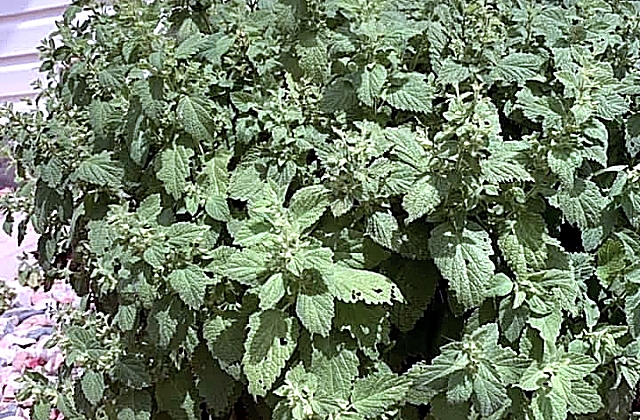Enjoying Herb Gardening

For many gardeners, herb plants are not always the first plant to attract to their gardens. Some prefer flowers or vegetables and other crops first. Others are not quite sure about herb gardening until they visit a friend who grows herbs for a living. When people visit a grower’s house and see all the wonderful things that are growing, it often instills a desire in them to have similar gardens. This is true even of beginners, though. Learning what plants other people have planted can help one to decide what might be good for planting in one’s own garden.
When people visit a grower’s home, they usually end up buying the plants that have most appealing flowers or foliage. Of course, these are the plants that everyone wants to grow. Some growers have no choice but to sell those types of herb plants. This means that they have to get rid of the less popular plants in order to keep more popular ones from becoming extinct. However, some people who are just starting out in herb gardening find it cheaper to simply replant the less popular plants, at least initially.
One herb that is hardy is sage. It is fairly easy to grow, and many plant it themselves in small flower pots. Others have successfully grown sage in large outdoor herb garden beds, but it is also an herb that can tolerate some shade. For this reason, many people choose sage as the first herb in an herb garden.
Another plant that is often included in herb gardening is chives. Though not as easy to grow as sage, chives can be planted fairly close to other plants in the garden. Those with a bit more time on their hands also like to grow chives in hanging baskets so that they do not have to put so much dirt on the ground. This type of container herb is popular among herb gardeners who have very busy schedules.
Fennel is another favorite herb among herb gardeners. Fennel is a perennial herb that likes dry weather and lots of sunshine. If you live in a cold climate, fennel will do nicely as a houseplant. Many new plants and seed companies sell fennel in fall, so look for fennel in your herb bedding. Fennel tends to grow quite tall, so you may want to consider pruning if you want to keep it under control.
Rosemary is a perennial herb that is also a great plant for herb gardening. If you are growing Rosemary in a garden, make sure there is plenty of sunlight for the plants. They need dry soil, not moist, to thrive. Rosemary thrives in full sunlight. It is also a good choice to include in your regular herb garden because of its bitter taste.
Sage is a perennial herb that is a good choice for herb gardens. It is also a good choice for landscaping. As with Rosemary, sage is best planted in full sun but not planted where it will get too much sun.
Herbs like other plants do best when they have plenty of water. Plants like mint and chives will wither if they are left out without water. You’ll find that most herb gardening plants will do better if you water them only during the summer months. If you do not, the leaves will dry out and die, making them less appealing to your visitors. Be sure and water your herb plants often to keep them healthy.
It is very important that you take care of your herb plants. A little observation will go a long way. For instance, bunnings are not like other plants that you can simply water once a week and forget about. If you do that, your herbs will quickly become a well-oiled haystack.
Make sure you fertilize all of your herb plants each month. Do not over-fertilize. It is okay to use one-half inch of fertilizer per 1-inch pot. If you have a soil conditioner on your soil, be sure and apply it to your herb plants as well. Most herbs like good soil. Soilless mixes make good soil.
When it comes to herb gardening, remember, a little planning goes a long way. The more planning you do, the more results you will see. Soilless mixture, regular watering, fertilizing, and using herb containers will help you enjoy the experience much more than if you just dug a hole and started growing herbs.